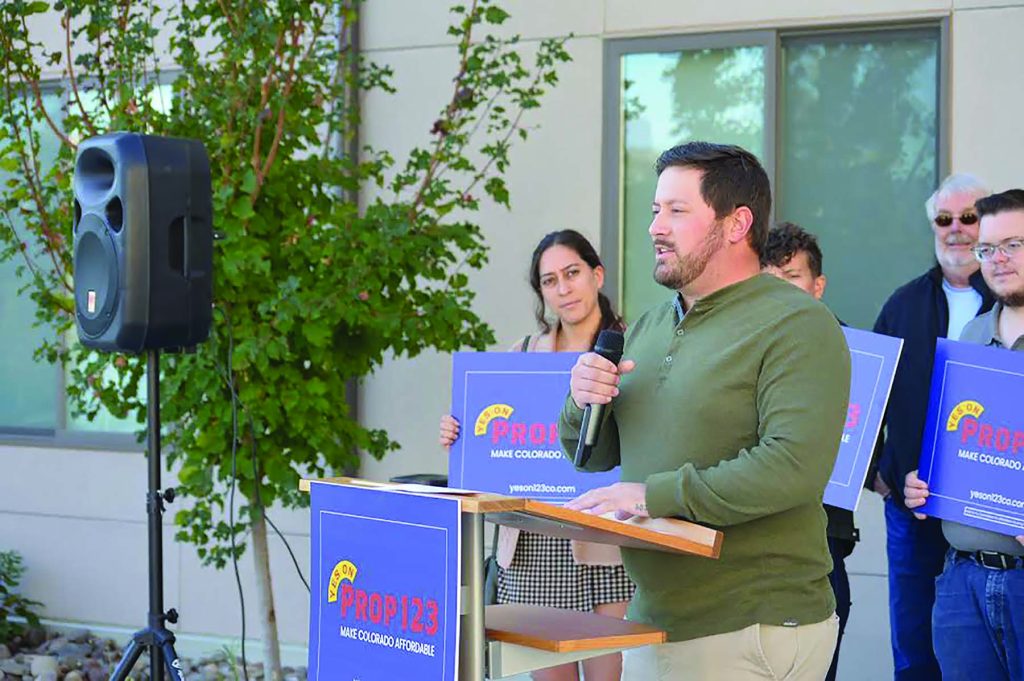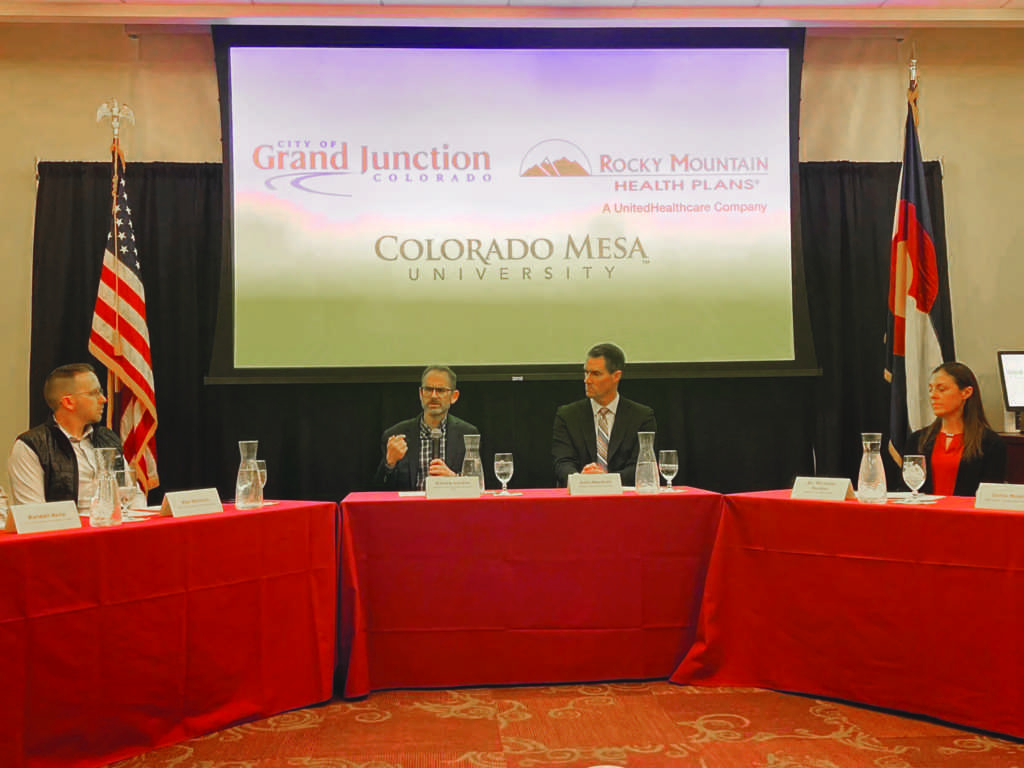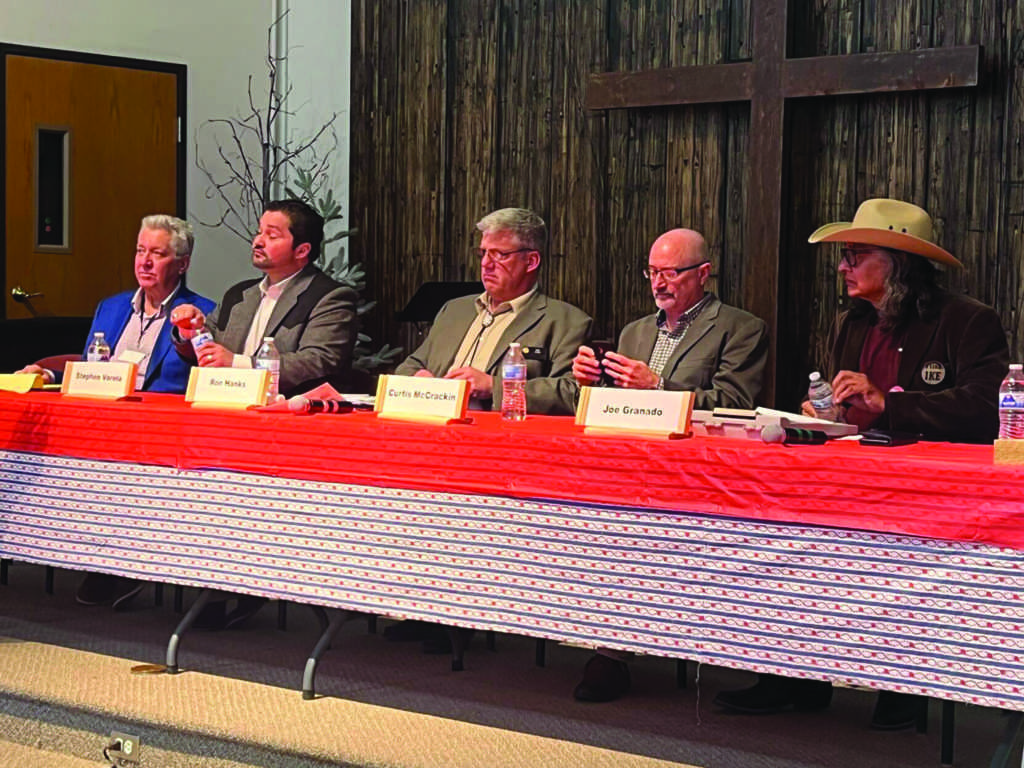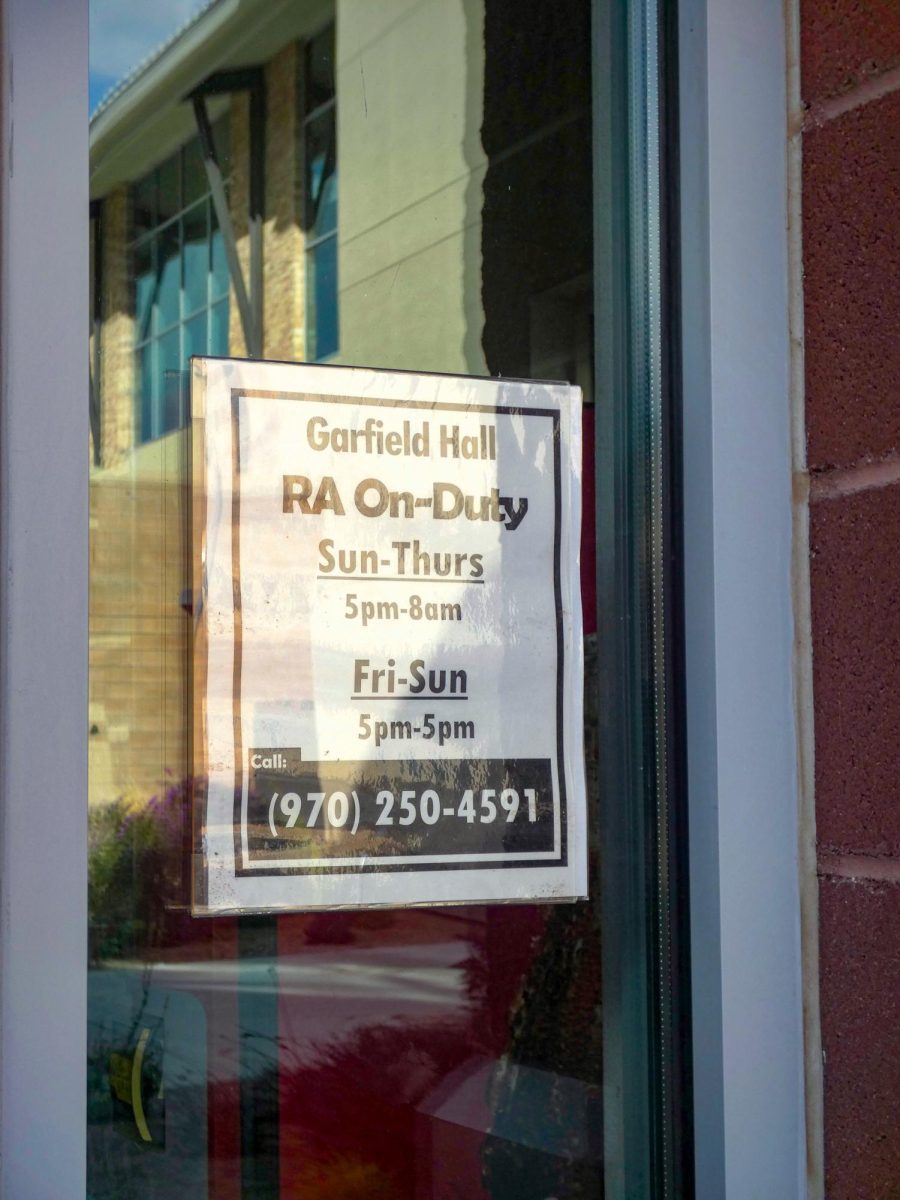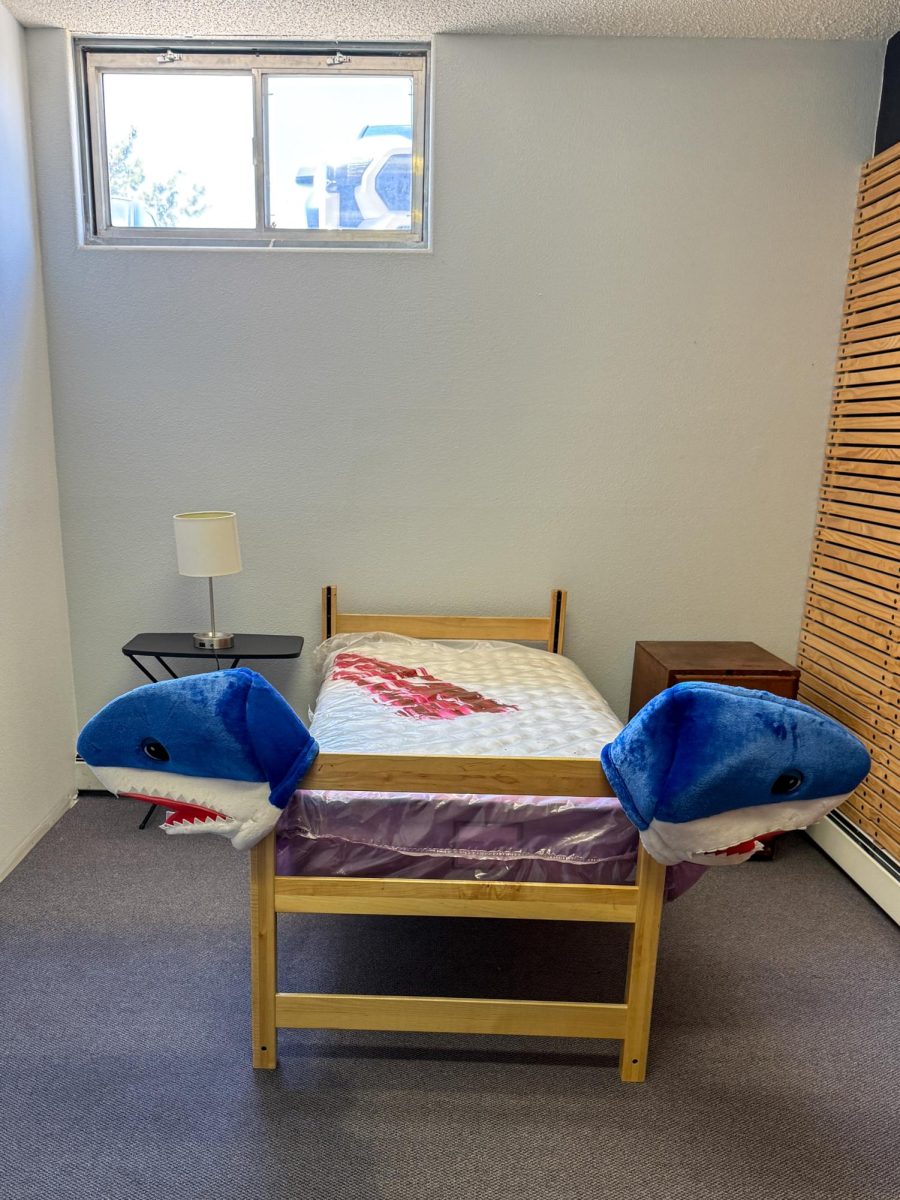Though the Western Slope of Colorado was once a safe haven from the Front Range’s housing crisis, Grand Junction residents are finding it increasingly difficult to make a living. In fact, the Colorado Association of Realtors reported that the median home price in Mesa County increased by 30% in the last few years alone.
“It’s tough to work in a place where I can’t afford to live,” former Grand Junction resident Jordan Lorimor said. “This is my home, the place where I grew up, and where my family still lives. It’s tough because I love this community, and I’m not sure if I will ever be able to move back.”
Lorimor is one of the many people in the Western Slope confronted with this issue daily. This shift in the housing market, similar to what is seen across Colorado mountain towns, is causing a major shortage of essential workers.
“Our professionals–the people who protect us, the people who educate our children, the people who care for our elderly, the people who care for our ailing – are struggling to make a life right here in our own community,” Grand Junction mayor Anna Stout said.
In spite of the country’s inability to come to a bipartisan solution in the past, many Western Slopers believe Proposition 123 will finally provide a permanent resolution. A major reason for this is because of the bill’s effective simplicity.
“Voting Yes for Prop 123 is the right solution for Colorado, because it addresses our housing crisis in three important ways,” a drafter of the bill Zach Martinez said. “First off, it doesn’t raise taxes. Second, it only takes 0.1% of the state’s existing taxable income revenue and, in exchange, will build 10,000 affordable housing units every single year. The third is that it gives a large toolbox to local leaders and their communities, and gives them the power to build the type of housing that their communities need.”
Essentially, Proposition 123 will avoid raising taxes by transferring money from the state’s Taxpayer’s Bill of Rights (TABOR). Though, this does not mean Coloradoan wallets will be unaffected. By diverting the TABOR funds, taxpayers will likely receive a cut in their state refunds.
Regardless, many supporters of the bill have faith in its ability to give back to every community member in need because of how these funds will support the construction of inexpensive housing in a rapidly growing region.
“Prop 123 will also deliver mixed-income housing, capable of serving our workforce and the disappearing middle class,” local firefighter Jed Reddin said. “This measure also eliminates roadblocks, increasing incentives and provides local communities with the tools that they need in order to effectively combat this housing crisis.”
With election day rapidly approaching on Nov. 8, it is critical that every eligible voter makes their voice heard on Proposition 123, among many other issues. And while the housing crisis is not solely an issue in the Western Slope, its hardworking residents may be among the first in the country to reduce–if not eliminate–the country’s chronic burden.
“When I hear all of these people talk about the struggles of everyday Grand Junction residents, I think about how strong our community is and the fact that we’re capable of fixing this problem. Proposition 123 is the opportunity to find a truly sustainable solution for affordable housing in Grand Junction,” Martinez said.



